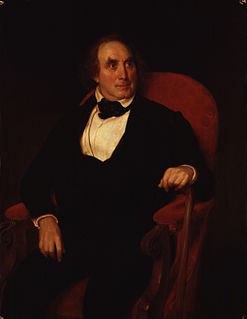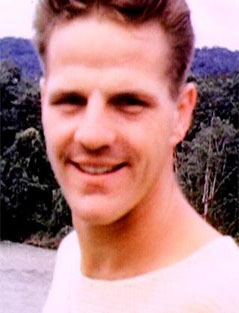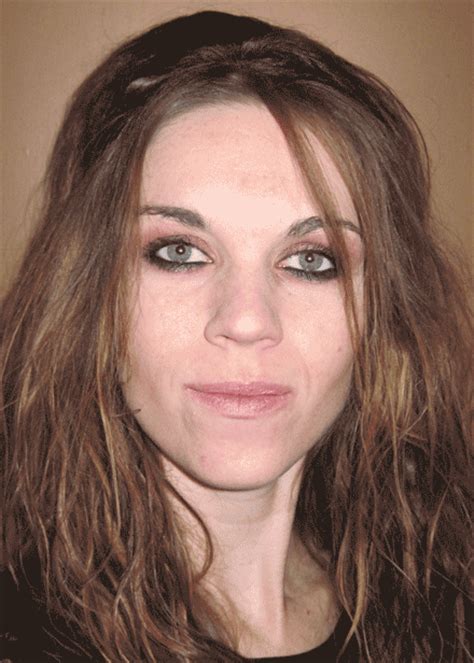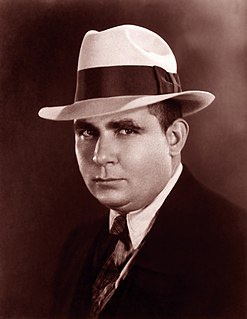A Quote by James Sheridan Knowles
What delight To back the flying steed, that challenges The wind for speed! - seems native more of air Than earth! - whose burden only lends him fire! - Whose soul, in his task, turns labour into sport; Who makes your pastime his! I sit him now! He takes away my breath! He makes me reel! I touch not earth - I see not - hear not. All Is ecstasy of motion!
Related Quotes
Often nothing keeps the pupil on the move but his faith in his teacher, whose mastery is now beginning to dawn on him .... How far the pupil will go is not the concern of the teacher and master. Hardly has he shown him the right way when he must let him go on alone. There is only one thing more he can do to help him endure his loneliness: he turns him away from himself, from the Master, by exhorting him to go further than he himself has done, and to "climb on the shoulders of his teacher."
Oh, the fullness, pleasure, sheer excitement of knowing God on Earth! I care not if I never raise my voice again for Him, if only I may love Him, please Him. Mayhap in mercy He shall give me a host of children that I may lead them through the vast star fields to explore His delicacies whose finger ends set them to burning. But if not, if only I may see Him, touch His garments, smile into His eyes - ah then, not stars nor children shall matter, only Himself.
Some souls think that the Holy Spirit is very far away, far, far, up above. Actually he is, we might say, the divine Person who is most closely present to the creature. He accompanies him everywhere. He penetrates him with himself. He calls him, he protects him. He makes of him his living temple. He defends him. He helps him. He guards him from all his enemies. He is closer to him than his own soul. All the good a soul accomplishes, it carries out under his inspiration, in his light, by his grace and his help.
The motive of science was the extension of man, on all sides, into Nature, till his hands should touch the stars, his eyes see through the earth, his ears understand the language of beast and bird, and the sense of the wind; and, through his sympathy, heaven and earth should talk with him. But that is not our science.
It did not seem possible that Wendy Wright had been born out of blood and internal organs like other people. In proximity to her he felt himself to be a squat, oily, sweating, uneducated nurt whose stomach rattled and whose breath wheezed. Near her he became aware of the physical mechanisms which kept him alive; within him machinery, pipes and valves and gas-compressors and fan belts had to chug away at a losing task, a labor ultimately doomed. Seeing her face, he discovered that his own consisted of a garish mask; noticing her body made him feel like a low-class wind-up toy.
Well could he ride, and often men would say, "That horse his mettle from his rider takes: Proud of subjection, noble by the sway, What rounds, what bounds, what course, what stop he makes!" And controversy hence a question takes, Whether the horse by him became his deed, Or he his manage by the well-doing steed.
I let my head fall forward into his shoulder, breathing in his scent. "Now what do we do?" He's quiet for a while and I finally lean back to look him in the eyes. He appears conflicted by something and then he sets me down on the ground, lacing his fingers through mine. "Should we see where the wind takes us?" he asks. I stare at my hand in his and then look up at him. "That sounds good to me.
Speed is the form of ecstasy the technical revolution has bestowed on man. As opposed to a motorcyclist, the runner is always present in his body, forever required to think about his blisters, his exhaustion; when he runs he feels his weight, his age, more conscious than ever of himself and of his time of life. This all changes when man delegates the faculty of speed to a machine: from then on, his own body is outside the process, and he gives over to a speed that is noncorporeal, nonmaterial, pure speed, speed itself, ecstasy speed.
So now, how did God produce this world?... The fable is that he breathed upon us. In his breath, his wind, came moisture and things began to grow... a message of hope. Nothing physical. How do you intend for your breath to become a work of art? The only way I can see it is that you prevent your breath from becoming a structure. As soon as your breath takes on the form of a room, you are a carpenter; you're not God.
Will’s voice dropped. “Everyone makes mistakes, Jem.” “Yes,” said Jem. “You just make more of them than most people.” “I —” “You hurt everyone,” said Jem. “Everyone whose life you touch.” “Not you,” Will whispered. “I hurt everyone but you. I never meant to hurt you.” Jem put his hands up, pressing his palms against his eyes. “Will —” “You can’t never forgive me,” Will said in disbelief, hearing the panic tinging his own voice. “I’d be —” “Alone?” Jem lowered his hand, but he was smiling now, crookedly. “And whose fault is that?
He was . . . a strange blending of Puritan and Cavalier, with a touch of the ancient philosopher, and more than a touch of the pagan. . . . A hunger in his soul drove him on and on, an urge to right all wrongs, protect all weaker things. . . . Wayward and restless as the wind, he was consistent in only one respect—he was true to his ideals of justice and right. Such was Solomon Kane.





































